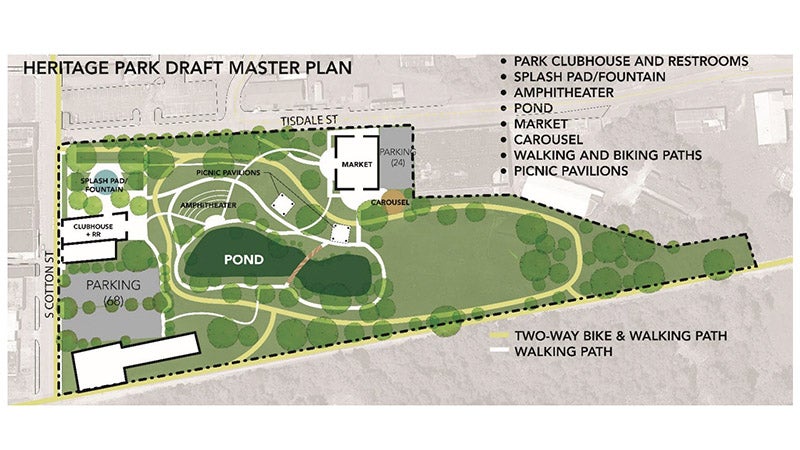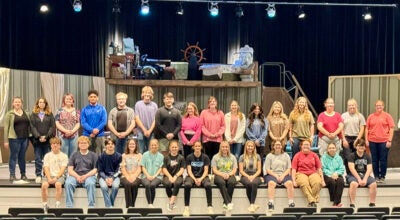Opp school tax vote likely in May
Published 11:59 pm Thursday, March 26, 2009
The Opp Board of Education took a step Thursday to ensure the Opp City Schools would not lose any more funding than necessary as it heads into the 2009-10 school year.
The board approved a resolution, in which it will ask the city of Opp to hold a special election on May 19, which would allow the citizens to vote on renewing a 5 mill ad valorem tax. The city initially passed the tax in 1948 and it remains effective for a period of 30 years; it was renewed in 1978 and will expire on Sept. 30 of this year if it is not renewed.
According to the Alabama Department of Revenue Web site, a mill is equivalent to a rate of $1 for every $1,000 of assessed value (with assessed value defined as 20 percent of a property’s fair market value).
“This is not a new tax,” OCS Superintendent Michael Smithart said. “This is a tax that the people of this town have paid for 60 years. Sixty years ago, the voters saw fit to fund schools at a higher level, and 30 years ago they confirmed that. Now, the timing may not be good (because of the economy), but I think it is important.
“It is important to again emphasize that this is not a new tax, it is simply a renewal of the same tax voters have paid for the past 60 years.”
Following the meeting, Smithart said the 5 mill tax brings in “about $175,000 a year” for the OCS. Currently, the OCS collects 12 mills total in ad valorem tax. In 2006, the state passed an amendment that requires school systems to receive at least 10 mills.
“We collect an additional 5 mills for the city of Opp, which they then remit to the Opp City Schools,” said Janice Hart, county revenue commissioner. “If (Opp’s citizens) don’t renew it, they will be getting 5 mills less, but we will in turn have to collect a 3 mill special schools tax so Opp City Schools still gets its 10 mills.”
Smithart said the OCS would still lose between $50-60,000 a year from the two mills that would be lost if the election fails.
“If the tax is not renewed, then we would have to look at cutting something,” he said. “There’s no other revenue stream to take its place.”




